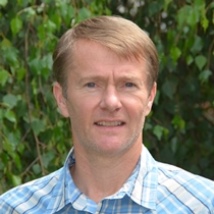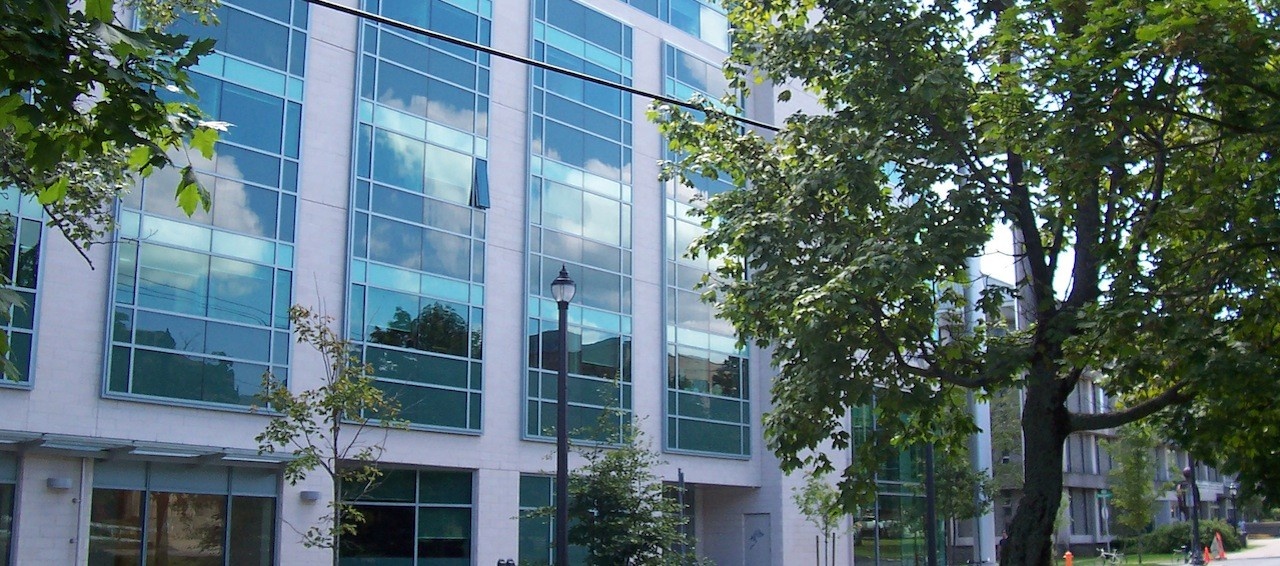Urban and Regional Issues
Finding the balance
Our research tries to improve environmental conditions in cities, while at the same time reaching out to ensure viable regional areas through regional industry and ecosystem health.
We are working hard to address several critical issues:
- analyzing and reducing the environmental footprint of cities, suburbs and industrial areas
- understanding environmental and social health in cities
- studying aging in rural industries and out migration of young people from rural areas
Why conduct research in urban and rural issues?
Globally, urbanization and suburbanization are driving many environmental and social changes, so there is no shortage of interesting work in this area. It also makes for convenient fieldwork because it can be done close to home.
As a student, you have the opportunity to influence policy by working for people that are making important decisions in these areas. Here are just a few examples of the many urban and rural research projects you could be involved in:
- determining fire risk and asset protection priorities for HRM’s urban fringe
- developing plans for forests in cities and on university campuses
- using visual methods to integrate student values in campus landscape development
- measuring environmental impact at the neighbourhood level
- discovering how the multi-functionality of urban landscapes can influence long-term sustainability
Find out what our researchers are working on:
 |
Kate SherrenDr. Sherren focuses on balancing the benefits and risks of urban and peri-urban nature, with a particular interest in fire risk. Her students have had the opportunity to influence municipal decision-making around trees and fire management in the urban fringe. |
 |
Peter Duinker
|
 |
Peter Tyedmers
|
 |
Michelle Adams
|
 |
Karen Beazley
|
 |
Tony Walker
|
